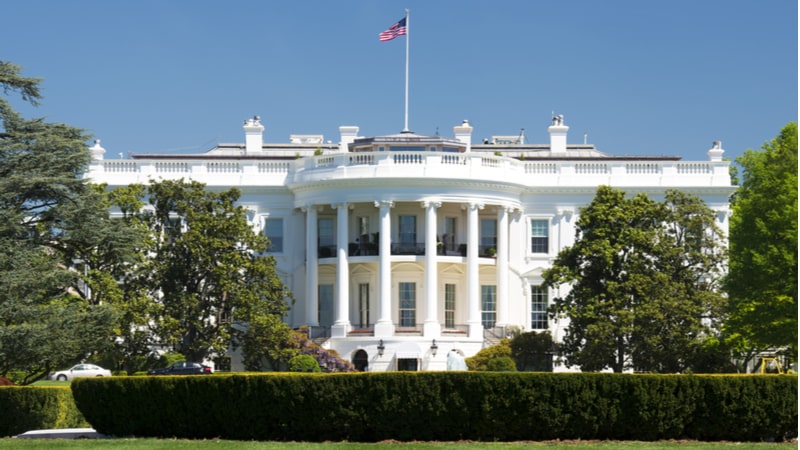
The Office of Management and Budget (OMB) has issued new guidance for implementing the first part of the Foundations for Evidence-Based Policymaking Act of 2018 (Evidence Act), with an emphasis from the White House for agencies to build a culture of evidence.
In a new memo from Acting OMB Director Shalanda Young, which expands on and reaffirms previous OMB guidance on Learning Agendas and Annual Evaluation Plans, OMB instructs agencies to build and nurture a culture of evidence and infrastructure needed to support it, including “strengthening the Federal workforce to ensure that staff with the right skills and capabilities are positioned across the Federal government.”

“Therefore, heads of agencies, including Secretaries, Deputy Secretaries, and other senior leaders, should engage in creating a culture of evidence in their agencies and support their staff in undertaking this work,” the memo says. “This effort demands a comprehensive approach, and implementing this vision will require resources and prioritization from leaders.”
In addition to agencies planning and carrying out activities that use four broad types of evidence as they implement the Evidence Act—foundational fact finding, policy analysis, program evaluation, and performance measurement—the guidance “goes a step further” in specifying the broad range of methodological approaches that agencies should consider, including:
- Pilot projects;
- Randomized controlled trials;
- Quantitative survey research and statistical analysis;
- Qualitative research;
- Ethnography;
- Research based on data linkages in which records from two or more datasets that refer to the same entity are joined;
- Well-established processes for community engagement and inclusion in research; and
- Other approaches that may be informed by social and behavioral sciences and data science.
“OMB’s focus is on outcomes, a desired end state where agencies use all available evidence to make better program, operational, and other decisions, build evidence where it is lacking, and ultimately serve the American people more effectively,” the memo states. “This is a key value proposition of the Evidence Act; the processes and required deliverables are often simply the means to achieve that end.”
The guidance applies to all agencies and OMB expects small agencies, non-CFO Act agencies, and sub-components (bureaus and sub-agencies) will take up the message of the memorandum and undertake the outlined activities in the guidance to the extent practicable.
